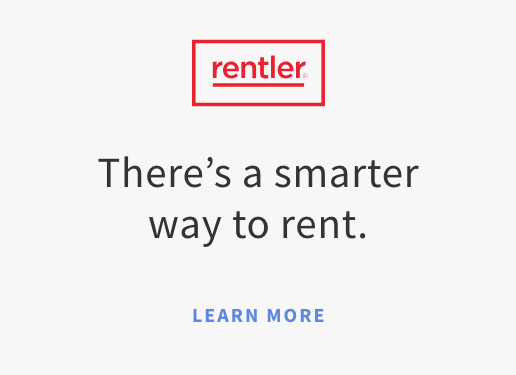To say that the COVID-19 pandemic has shaken up people’s lives would be an understatement. Seeing a complete global shut down of this scale has caused a lot of uncertainty in a multitude of aspects. For example, the Aspen Institute estimated that, due to the pandemic, around 30-40 million people are currently at risk of being evicted.
However, due to the eviction moratorium that was extended in the most recent coronavirus relief bill in January, it will provide some temporary relief and will hopefully be extended even further. But the uncertainty still remains, and this is exactly why maintaining good standing with your landlord or your current tenant(s) is more crucial than ever.
Know Your Stuff
Many people who rent do so simply because they cannot afford a home and for the sake of convenience. A lot of times people view renting as a short-term commitment with very few strings attached. And although that may be somewhat true, there are still plenty of intricacies to renting. According to a study by AOAA, over half of all landlords and tenants don’t know the laws on security deposits, background, and security checks. Not only that, most do not have a basic understanding of privacy rights as well as laws around early lease termination. This can prove alarming when/if any of these issues were to arise.
Settling any disputes regarding these issues can turn into long unending processes that would have been easily avoidable with a basic understanding of these policies. Making sure that you have a strong understanding of these rules will prove majorly beneficial as well as confirming that the other party is just as knowledgeable in these fields. Certain rules may vary depending on your state, so make sure that you are finding accurate information based on your location.
On top of this, there may be a lot of new laws to be aware of due to Covid. As tedious a task as it may seem, it is important that you study up and know your rights. In the end, you will be grateful you did.
Be Forthcoming
Beyond knowing the rules (even though it should go without saying) it is important that you follow them. For example, as a tenant, despite feeling enamored with the interior design of an apartment or its proximity to your job, if you have a pet and the landlord does not allow pets then that place is not for you. As tantalizing as it may seem to just hide your little fur baby from your property manager, you may find yourself in hot water not only now, but in the future as well.
When looking for another place down the road they may ask you for a referral from a previous landlord or property manager, if you burn all your bridges it may cost you your dream apartment. The same goes for landlords or property managers. For example, if you have a complex or a company having a poor relationship with your tenants can cause you to lose plenty of business and money in the long run.
Ask Questions
Being forthcoming and honest is key, and if you have questions, ask them. In long, lengthy lease agreements it may be easy to miss or exclude something. So, taking the time to voice any of your concerns is important. Here are some potential examples of seldom-discussed topics that can be important to talk about.
- Elaborate on wear and tear; as in explaining and learning what minor damages or repairs may come out of a security deposit.
- Ensure coverage and protection; it may be beneficial to know what sort of plans your landlord has to protect your property. For example, having knowledge of important information such as the home security system and/or home warranty plan of your new place will benefit you greatly during your time there.
- If you live in a building where you need a key or to be buzzed in or there are many tenants, then a discussion about the guest policy may be advantageous to have.
- Discuss whether or not subletting is allowed and if so, what the specific guidelines or policies are.
These are just a fraction of the things that should be discussed, as stated early make sure you do some extra research and ask the important questions for you and your specific situation. Just as important, be sure that anything that is discussed is in writing once clarified. Talk only goes so far, but it will be mutually beneficial to have these rules and more in writing to refer back to later if any issues were to arise.
Deciding on a new place and accepting a new tenant should not be something done hastily. You don’t have to be friends with your tenant or landlord, but keeping a copacetic relationship can help give each of you some peace of mind, especially in such precarious times. Having a mutual understanding of your arrangement will prove only to benefit your relationship during your time together as well as in the future.








